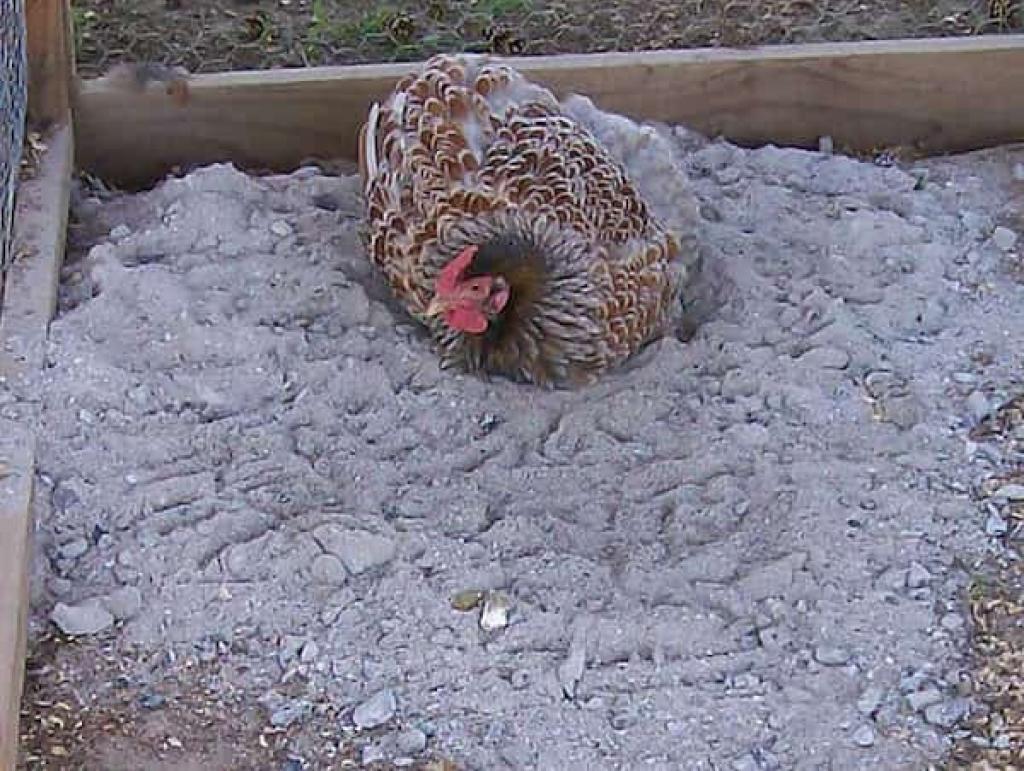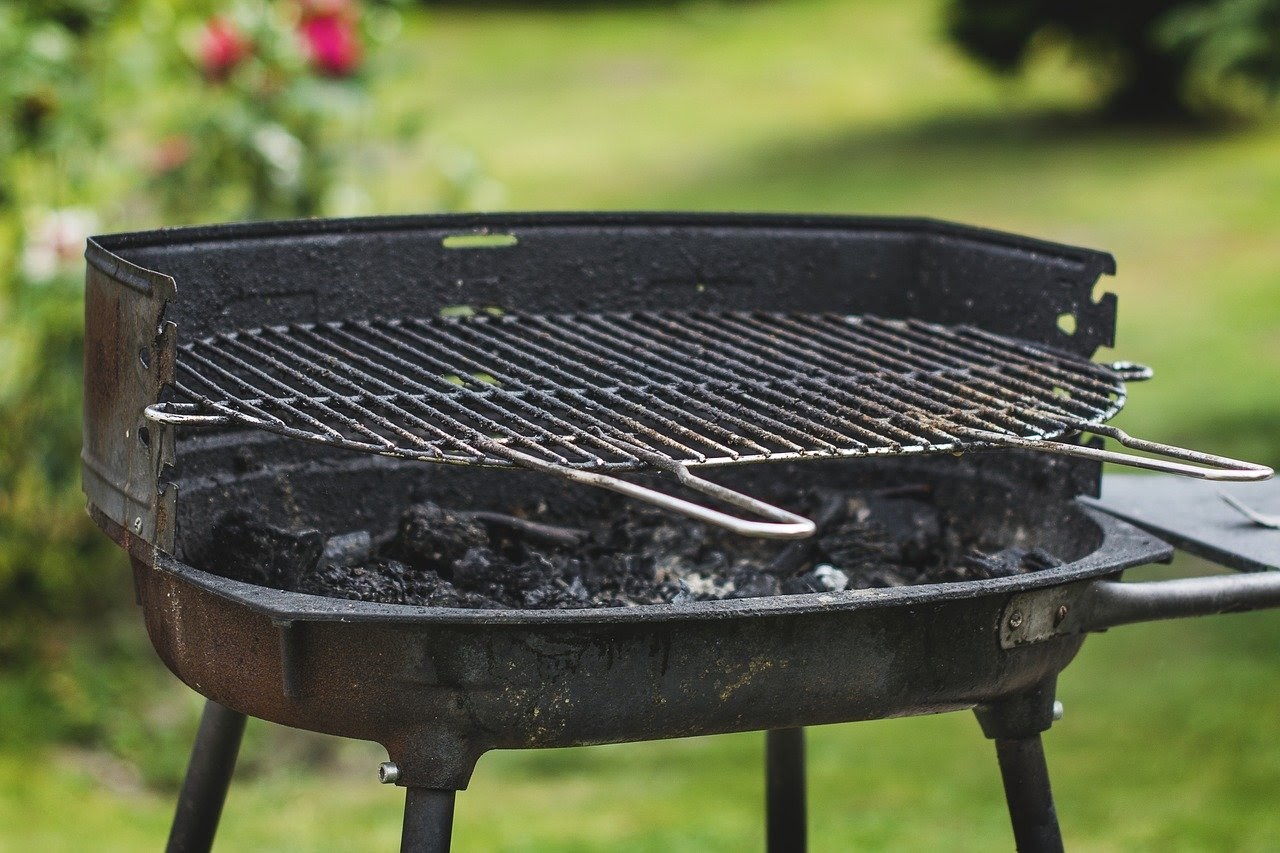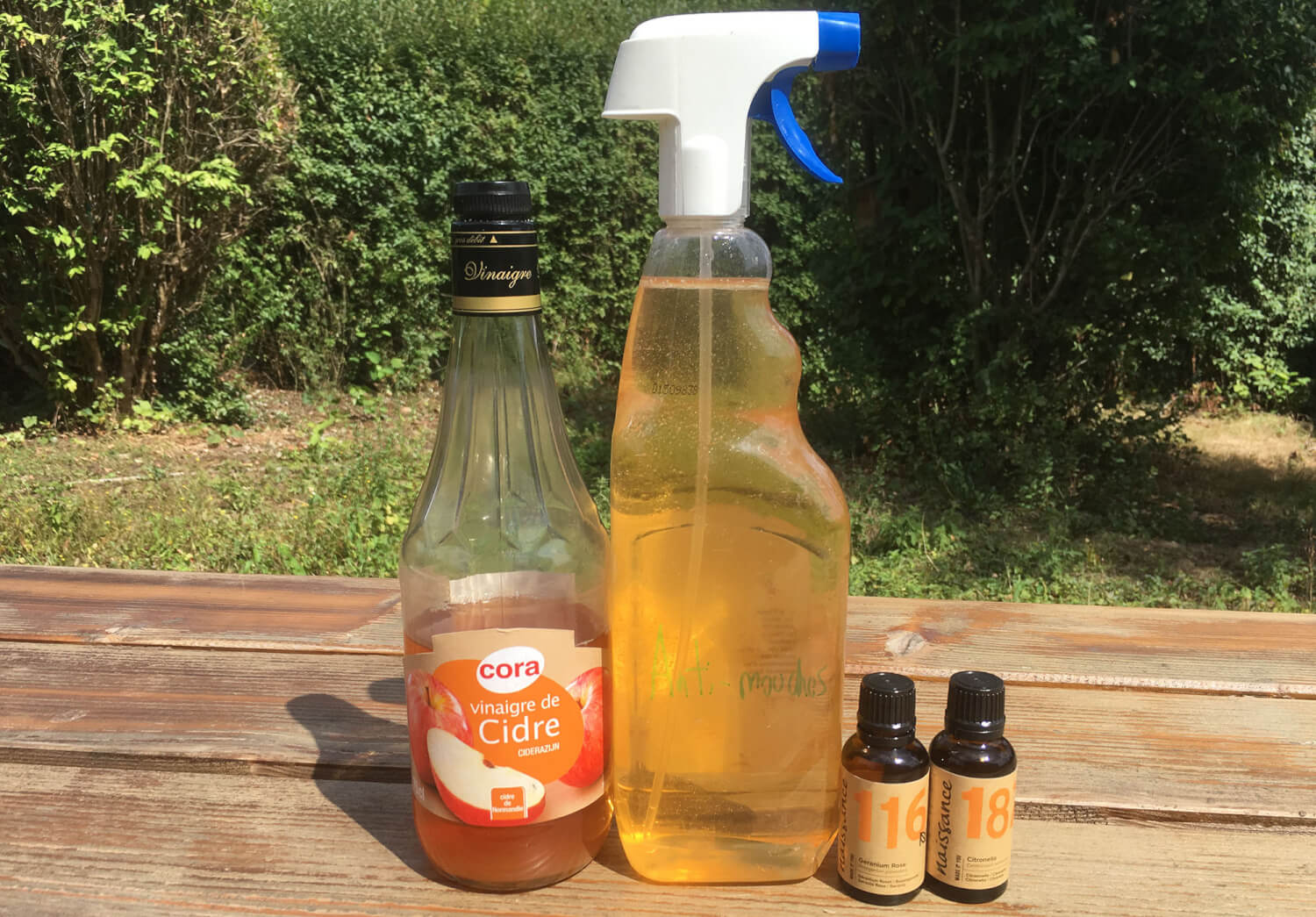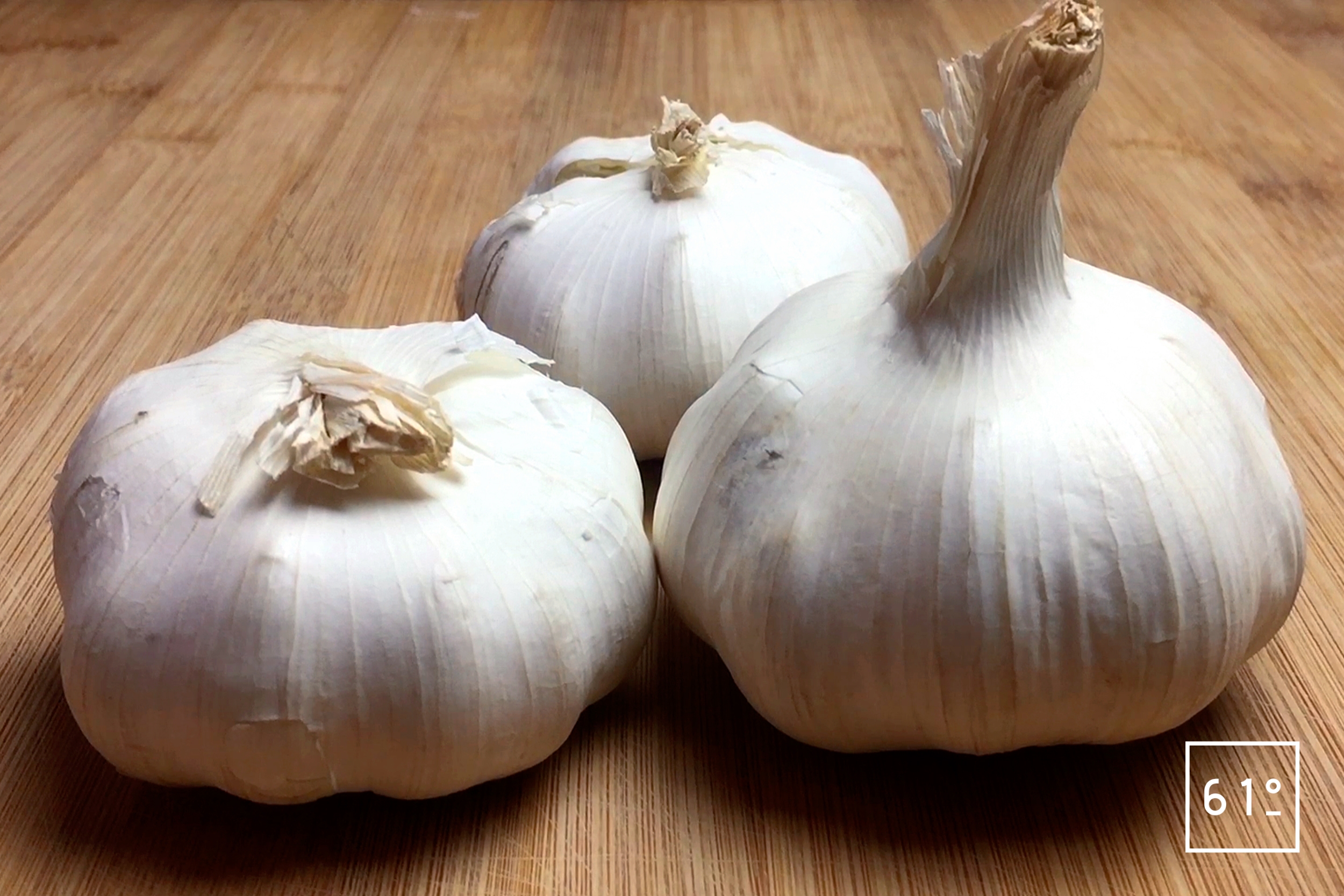How long can you keep food in the freezer? The ESSENTIAL Practical Guide.
Did you know that fruits, except citrus fruits, can be stored in the freezer for up to 1 year?
Yes, few people know that most foods can be stored in the freezer.
The freezer is useful not only for storing leftovers from your cooked meals, but also for many other unsuspected foods!
In the freezer, you can store vegetables, fruit juices, steaks, margarine, spices, whole chickens and turkeys, pastries and even roast pork or beef ...
... and in most cases up to 1 YEAR.
To make your life easier, here is the guide with ALL retention periods frozen food. Look :

How long to keep frozen food?
Because freezing prevents the growth of bacteria, food can technically be stored indefinitely. However, everyone knows that the quality of food decreases over time, including frozen food. This is why, for successful and safe freezing, you need to know the recommended storage times.
Breads & desserts
- Breads and rolls (baked): 2-3 months
- Bread and rolls (uncooked): 1 month
- Cookies (cooked): 6-8 months
- Cookie dough: 3 months
- Cakes without icing (baked): 2-3 months
- Cakes with icing (baked): 1 month
- Fruit tarts (baked): 6-8 months
- Fruit tarts (uncooked): 2-4 months
- Apple or apricot pies (baked): 1-2 months
- Cheesecake: 2-3 months
- Baked muffins: 6-12 months
- Pancakes: 3 months
- Waffles: 1 month
Meat
- Lamb and veal: 9 months
- Pork ribs: 4-6 months
- Roast pork: 4-12 months
- Steak: 6-12 months
- Beef ribs: 4-6 months
- Roast beef: up to 12 months
- Chicken and turkey (whole): 12 months
- Chicken and turkey (in pieces): 9 months
- Ground pork and turkey: 3-4 months
- Beef, chicken: 3-4 months
- Tongue, liver, kidneys, heart: 3-4 months
- Game: 3-4 months
- Ham (cooked): 2 months
- Canned ham (after opening): 1-2 months
- Ground steak (raw): 3-4 months
- Bacon: 1 month
- Sausages: 1-2 months
- Cooked meats: 2-3 months
- Knacks (in freezer bags): 1-2 months
- Fried chicken: 4 months
- Preparations made from poultry (cooked): 4-6 months
- Chicken nuggets: 1-3 months
Fish & seafood
- Lean fish: 6 months
- Fatty fish: 2-3 months
- Cooked fish: 4-6 months
- Smoked fish: 2 months
- Crustaceans: 2-3 months
- Lobsters: 12 months
- Crabs: 10 months
- Shrimps, scallops: 3-6 months
- Squid, clams: 3-6 months
- Clams, mussels, oysters (fresh) 2-3 months
- Canned fish, seafood (out of the box): 2 months
Dairy products & eggs
- Butter: 6-9 months
- Margarine: 12 months
- Faisselle, cottage type cheeses: 1 month
- Hard cheeses: 6 months
- Soft cheeses: 6 months
- Ice cream: 2 months
- Yoghurt: 1-2 months
- Eggs (raw): 1 month
Fruits and vegetables
- Citrus: 3 months
- Other fruits: 9-12 months
- Nuts, hazelnuts, nuts: 3 months
- Vegetables: 8-12 months
- Soups, broths & dishes in sauce
- Meat broths: 2-3 months
- Soups with pieces of meat: 2-3 months
- Stews, meats in sauce: 3-4 months
- Vegetables in sauce, vegetable soups: 2-3 months
Drinks
- Milk: 3-6 months
- Fruit juice (homemade): 6 months
- Fruit juice (from concentrate): 12 months
Note: liquids expand and increase in volume upon freezing. Therefore, never use glass containers to store your food, as it may burst in your freezer.
Various
- Gratins, baked preparations: 3 months
- Egg preparations: 1-2 months
- Rice (cooked): 3 months
- Pasta, noodles (cooked): 3 months
- Sliced cold meat: 1-2 months
- Pizza: 1-2 months
- Spices, aromatic herbs: 12 months
- Frozen ready meals: 3-4 months
Foods to NEVER Freeze
- Cold cuts
- Vacuum packed products
- Eggs with their shell
- Hard boiled eggs
- Coffee
- Mayonnaise
- Fresh cream
- Buttermilk
- Cream cheese
- Flan
- Custard
- Salads with chicken, ham, tuna, pasta, eggs
- Bottled dressings
- Unopened canned ham
- Canned fish
- Pasta (uncooked)
- Rice (uncooked)
- Cereals
- Apples
- Melons
- Artichoke
- Aubergine
- Lettuce
- Potatoes (except mashed)
- Radish
- Shoots and sprouts
Additional advice
Ideally, your freezer should be set at -18 ° C. Food should be kept tightly.
Empty all the air from your freezer bags before closing them. And don't forget to put labels on your food, with its name and the date it was frozen!
And There you go ! Now you know all the recommended storage times for frozen foods.
No more sick from food poisoning :-)
Do you like this trick ? Share it with your friends on Facebook.
Also to discover:
27 Things You Can Freeze To Save Money And Time!
The Basics of Freezing or How to Freeze Your Food Properly!










